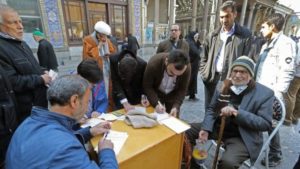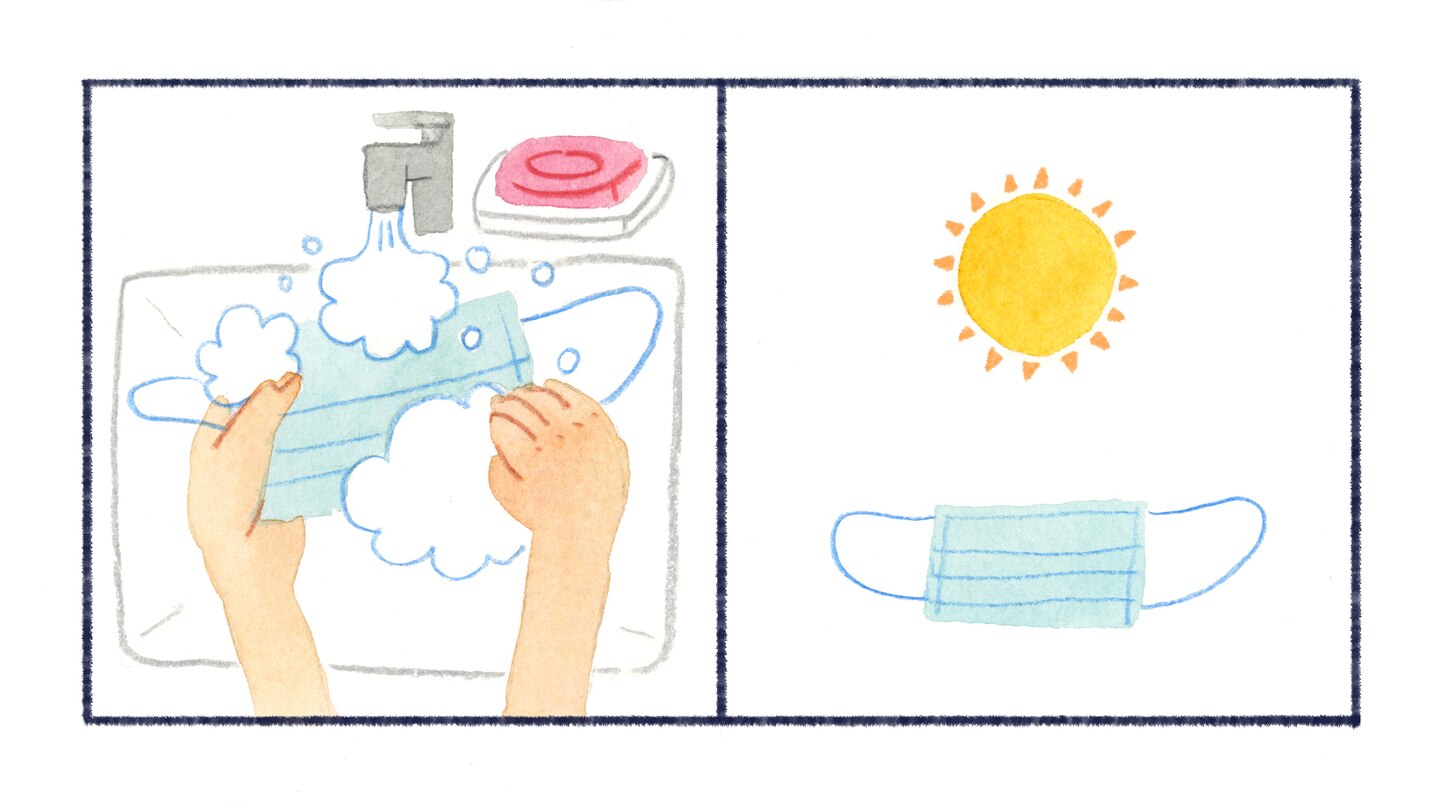Newsbrief: Record low turnout in Iran elections
by Quinn Schoff
edited by Joshua Labrecque

(Photo: BBC)
Iran held elections on February 21st, which saw the lowest turnout since the Islamic revolution in 1979, with only 42.6% of eligible voters casting a ballot, according to the BBC.
This is the first vote since big events surrounding Iran have occurred. These include US sanctions that have been put back into place, the killing of Iranian general Qasem Soleimani in January, and the Corona virus which has worsened in Iran and other parts of the Middle East.
With this low turnout also came hardliners winning big. In Tehran, the capital of Iran, the voter turnout was only 25.4%, but hardline conservatives loyal to Supreme Leader Ayatollah Ali Khamenei won all 30 seats in the capital. This trend is projected to continue even though a few cities are still counting votes. The conservatives have already won enough seats to form a majority in the 290-seat chamber. These results will weaken President Hassan Rohini who is a relative moderate.
Over 16,000 contenders, including 90 reformist members of the current Majils or parliament, were disqualified by the Guardian Council of the Constitution, a vetting committee loyal to the Supreme Leader. This brought about calls for boycotts of the polls from critics of Iran’s leaders in order to show opposition to what they view as repression of human rights and intolerance of dissent. According to the BBC the Ayatollah said, “Voting in the parliamentary elections was a ‘religious duty’ which would show steadfastness in the face of US efforts to isolate and (pressure) the country into changing.”


